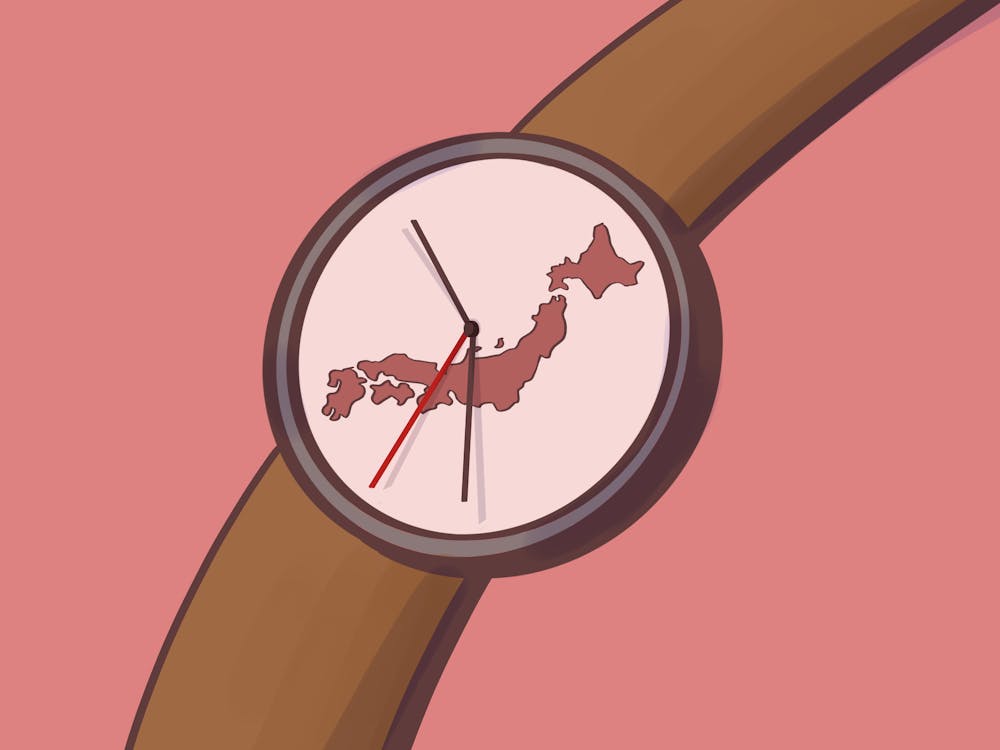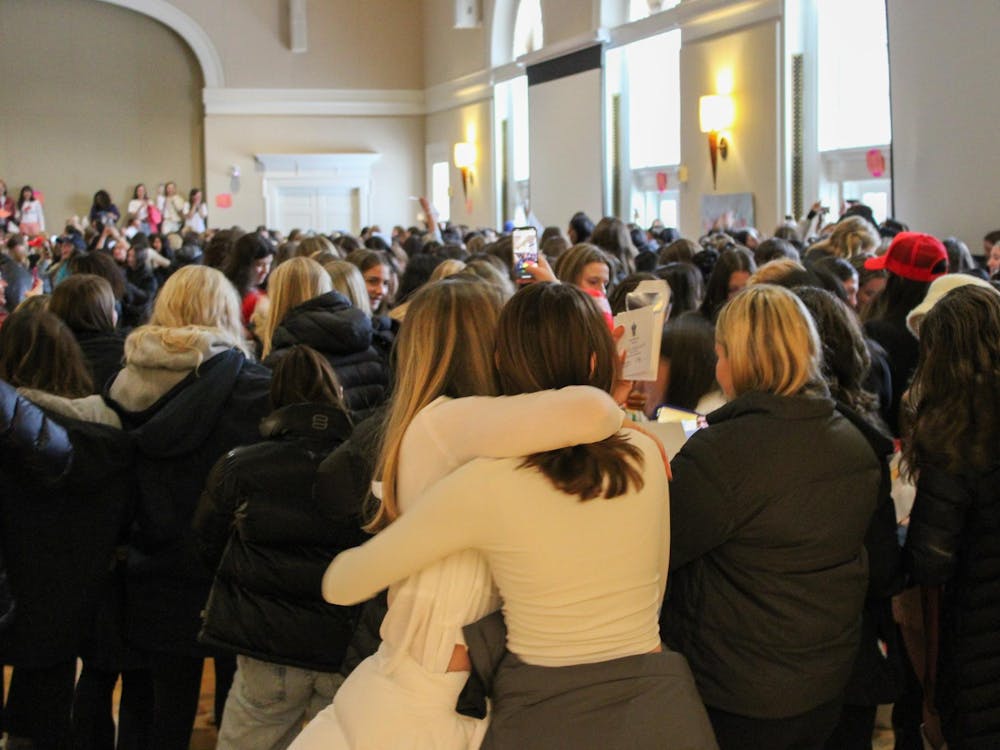As finals draw closer, we are con-fronted more than ever by the funda-mental problem of student life here at the University: how to put off our work as long as possible without flunking out of school.
I like to think I'm a pretty good procrastinator. In fact, screw modesty -- I'm about the best damn procrastinator you may encounter in your four years in Charlottesville.
That's because I believe procrastination is an art form that takes years of careful work to fully develop your skills. I hang the "Procrastinator's Creed" proudly in my room. It serves as an inspiration on many levels, not least of which is to surpass my brother, the original owner of the poster and who himself practiced an impressive level of procrastination.
I came home from work today at 4:30, fully intending to leave for the library at 5 p.m. after a quick 20-minute nap. After checking in with my roommate and an hour-long nap, it's now almost 7:30. Instead of leaving for the library I have decided to write my column at home. While I may be procrastinating to avoid my homework, I'm actually quite proud of myself that I'm writing my column well before my midnight deadline.
Even the most dedicated among us have a little bit of a procrastinator in them. I challenge you to find even one person on your hall or in your apartment building who has never been guilty of stalking his friends via away message when they had more than enough homework to keep them busy. You and I both know this person doesn't exist, because if that person did, he sure as hell would never tell anyone what a freak he is.
There are two kinds of procrastination: pure and productive. In pure procrastination, you literally accomplish nothing. The aforementioned away message stalking is a form of pure procrastination. In another example, you watch E! News, which will certainly add nothing to your life, despite its entertainment value.
While pure procrastination definitely has its place in the world, there's usually a high level of guilt associated here. What separates the amateurs from the professionals, as far as I'm concerned, is that professionals have a firm command of productive procrastination.
Examples of productive procrastination may include reorganizing your iTunes library, cleaning your room, reading for the class you're ahead in rather than the one in which you're five weeks behind, etc. This list is by no means comprehensive, as many other forms of productive procrastination are being performed this very instantby hundreds of people around Grounds.
The key here is that none of these activities can appear anywhere on a to-do list.
Interruption: I just took a break from writing this column to check my e-mail and send a few Facebook messages. That's right, I'm so dedicated to the craft of procrastination that I procrastinated while writing a column about procrastination. That's dedication, people. Anyway ...
Back to productive procrastination. If the activity you choose to participate in appears on any list, especially in your planner, you cannot count the activity as procrastination. It may surprise many of my loyal readers that I, despite my self-proclaimed love of obsessive-compulsively organized planners, fail to write some things down. It's all about creativity.
What's particularly great about productive procrastination is that you don't feel quite as guilty as when committing pure procrastination. Technically, at the end of the day, you've accomplished something, even if it isn't the something you meant to accomplish at the beginning of the day. This feeling of success contributes to the cycle of procrastination into which we all eventually fall by, say, our third week as first-years.
The moral of my story is that it takes years of (lack of) dedication and (lack of) hard work in order to reach the level of procrastination at which you fully deserve the honor of hanging the Procrastinator's Creed on your wall. You've made some strong headway today by reading this column instead of finishing a homework assignment. (Don't) keep up the good work.
Laura's column run weekly alternating Thursdays and Fridays. She can be reached at lsisk@cavalierdaily.com.





